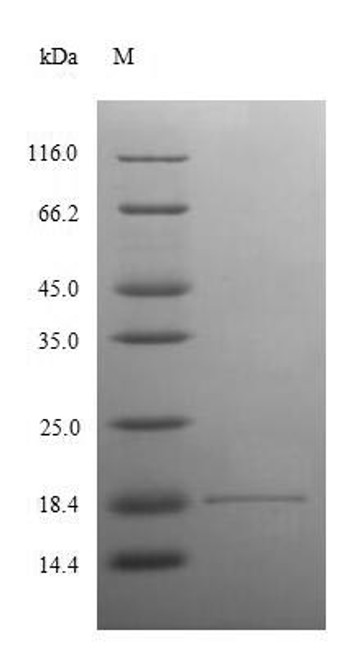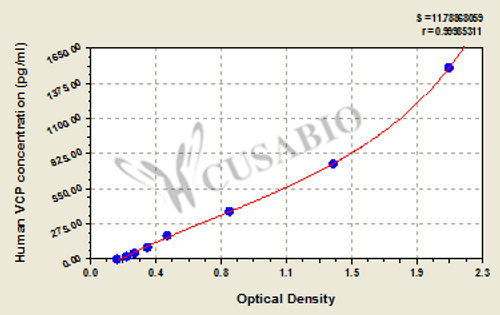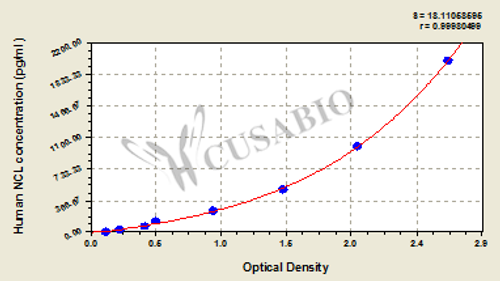Amyotrophic Lateral Sclerosis (ALS) is a progressive, fatal neurodegenerative disease marked by the degeneration of upper and lower motor neurons in the brain and spinal cord, leading to muscle weakness, atrophy, spasticity, and eventual paralysis. Onset typically occurs between 40 and 70 years of age, with a median survival of 3–5 years from symptom onset. While most ALS cases are sporadic (sALS), approximately 5–10% are familial (fALS), often inherited in an autosomal dominant manner. Key genetic mutations linked to ALS include C9ORF72 hexanucleotide repeat expansions—the most common genetic cause—alongside mutations in SOD1, TARDBP (encoding TDP-43), FUS, and TBK1, among others.
Pathologically, ALS is characterized by cytoplasmic mislocalization and aggregation of RNA-binding proteins, particularly TDP-43, in ~97% of sALS cases. These proteinopathies contribute to disrupted RNA processing, impaired nucleocytoplasmic transport, and compromised proteostasis. Mitochondrial dysfunction, glutamate excitotoxicity, oxidative stress, impaired axonal transport, and neuroinflammation, particularly involving activated microglia and astrocytes, also play central roles in disease progression.
Despite significant advances in our understanding of ALS biology, there is currently no cure, and disease-modifying treatments remain limited, with approved therapies like riluzole and edaravone providing only modest benefit. Ongoing research efforts aim to uncover mechanistic insights and identify therapeutic targets to slow or halt disease progression.
Browse our complete offering of antibodies, proteins, and assay kits for studying ALS below.




















![Superoxide dismutase [Mn], mitochondrial (SOD2) ELISA Kit (rat) Superoxide dismutase [Mn], mitochondrial (SOD2) ELISA Kit (rat)](https://cdn11.bigcommerce.com/s-ydswqc5qsc/images/stencil/500x659/products/38491/126254/csb-el022398ra_rat-superoxide-dismutase-mn-mitochondrialsod2-elisa-kit_5769__78839.1620919431.png?c=2)
![Superoxide dismutase [Mn], mitochondrial (SOD2) ELISA Kit (mouse) Superoxide dismutase [Mn], mitochondrial (SOD2) ELISA Kit (mouse)](https://cdn11.bigcommerce.com/s-ydswqc5qsc/images/stencil/500x659/products/38488/126253/csb-el022398mo_mouse-superoxide-dismutase-mn-mitochondrialsod2-elisa-kit_4609__50321.1620919431.png?c=2)





![Superoxide dismutase [Mn], mitochondrial (SOD2) ELISA Kit (human) Superoxide dismutase [Mn], mitochondrial (SOD2) ELISA Kit (human)](https://cdn11.bigcommerce.com/s-ydswqc5qsc/images/stencil/500x659/products/33992/123892/csb-e17064h_human-superoxide-dismutase-mn-mitochondrial-sod2-elisa-kit_2641__13344.1620918524.png?c=2)



